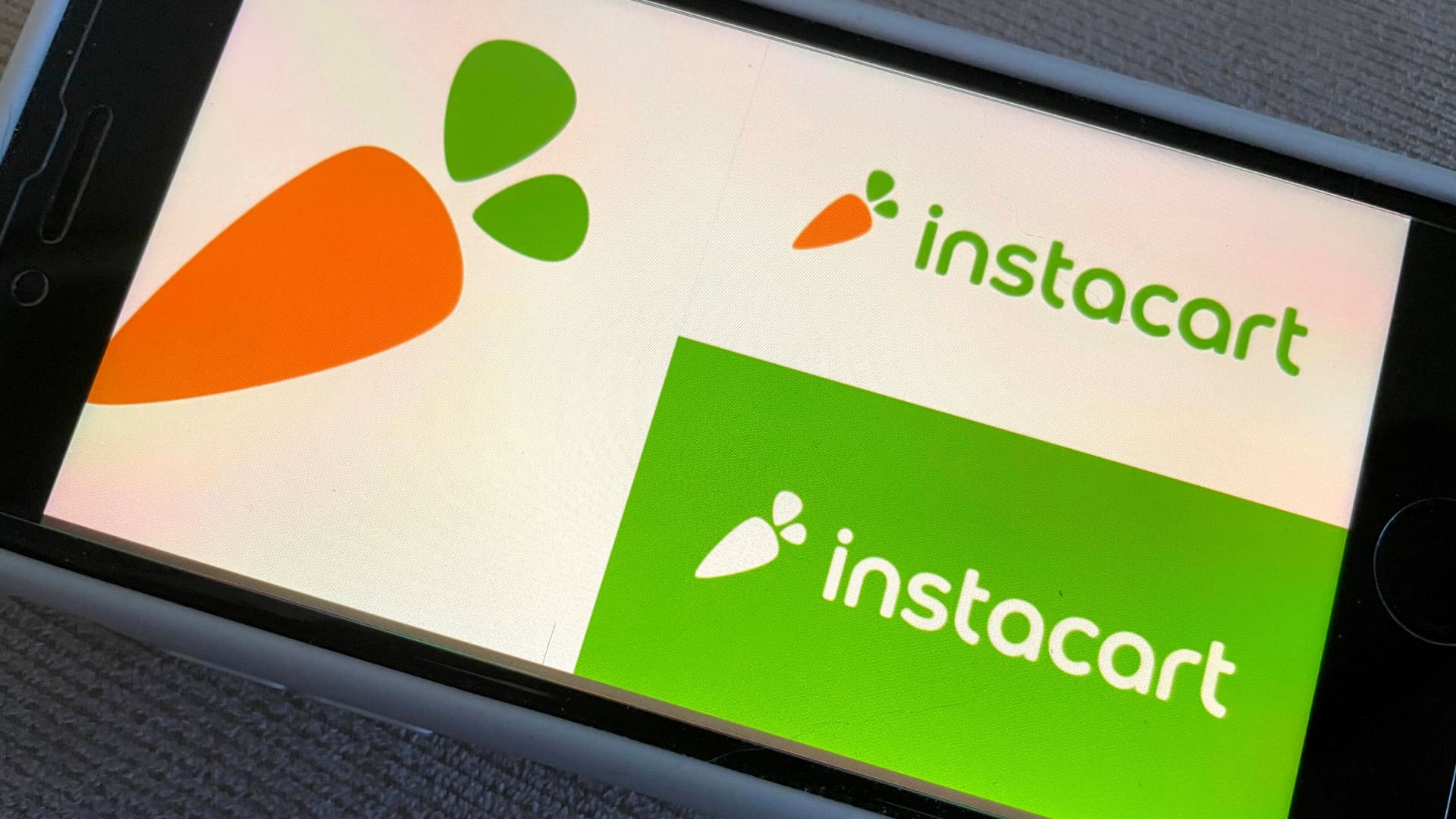Instacart, the popular grocery-delivery company, made its highly anticipated debut on the Nasdaq on September 19th, 2023, marking the end of a 21-month tech IPO freeze. However, the market’s reaction so far has not been as exciting as expected, sending a concerning message to other late-stage startups waiting on the sidelines.
Joined by chip designer Arm and cloud software vendor Klaviyo, Instacart’s IPO showcased three distinct companies operating in different corners of the tech industry. Despite their differences, all three companies experienced a common trend in the stock market: those who sold immediately after the IPO made a profit, while others are still in the red.
Eric Juergens, a partner at law firm Debevoise & Plimpton, commented on the situation, expressing concern about valuations and the overall sentiment of investors. He emphasized the importance of monitoring how these companies perform over the next few months, as it will provide insight into how IPO and equity markets are valuing them and their comparable peers.
While Arm, controlled by Japan’s SoftBank, initially saw a 25% jump in its stock price and Instacart experienced a 40% increase, their fortunes quickly reversed. Arm’s stock fell to $52.16, barely above its IPO price of $51, while Instacart lost most of its gains by the end of the first trading day. Klaviyo, on the other hand, witnessed a 23% initial rise, settling 9% above its IPO price after a day of selling off. These lackluster performances have left investors and analysts feeling underwhelmed.
Instacart CEO Fidji Simo acknowledged that the IPO was not about maximizing pricing but aimed to provide liquidity to its employees. The company only sold 5% of its outstanding shares during the offering, with additional sales coming from co-founders, former employees, and existing investors. Simo clarified that they were not seeking the perfect market window but rather wanted to ensure that hardworking employees had access to stocks they had earned.
Instacart’s window of opportunity may never have been perfect. In 2021, at the peak of the tech market, Instacart raised capital at a $39 billion valuation, only to face numerous valuation cuts during the market downturn. They had to transition from growth to profit mode to secure cash during the rising interest rates and investor retreat from risk. Similarly, Klaviyo raised funds at a peak valuation of $9.5 billion in 2021 but emphasized that there was no pressure to go public, as the company was experiencing positive momentum.
While Instacart proactively adjusted its valuation to manage expectations, Klaviyo grew into its lofty price. Other high-valued private companies, such as Stripe and Canva, have also faced valuation cuts in recent transactions. The market’s response to these IPOs suggests that the rewards of going public may not outweigh the potential downsides for many founders and management teams.
However, as skepticism looms in the market, the recent IPOs are performing adequately, exceeding expectations of potential catastrophic drops. Aswarth Damodaran, a professor at New York University’s Stern School of Business, expressed that if the stock prices of these companies remain above their offer prices in the coming weeks, it can be considered a win for them.
As the IPO market slowly continues to open up, it is crucial to monitor how these companies navigate the challenging stock market terrain, especially amidst concerns over valuations, profitability, and changing investor sentiment.
Denial of responsibility! Vigour Times is an automatic aggregator of Global media. In each content, the hyperlink to the primary source is specified. All trademarks belong to their rightful owners, and all materials to their authors. For any complaint, please reach us at – [email protected]. We will take necessary action within 24 hours.


